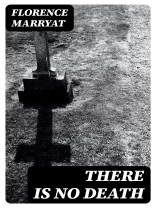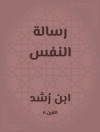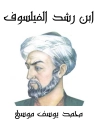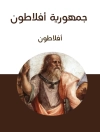In ‘There is No Death, ‘ Florence Marryat delves into the realm of spiritualism through a compelling narrative that weaves personal anecdotes and philosophical musings. This book, published in 1891, reflects the Victorian fascination with the supernatural and the quest for understanding life after death. Marryat employs a conversational style, laced with poignant reflections and vivid descriptions, which invites readers to explore their own beliefs regarding mortality and the afterlife. By blending elements of autobiography with spiritual discourse, Marryat effectively mirrors the era’s burgeoning interest in psychic phenomena and the questioning of established religious tenets. Florence Marryat, a notable English novelist, playwright, and medium, had a profound connection to the themes she explores in her writing. Raised in a literary environment, she was influenced by her father, a successful author, and her own experiences in the spiritualist movement, including her interactions with mediums and séances. Her personal journey enriched her understanding of the spiritual world, leading her to articulate the complexities surrounding death and the human experience in a manner that was both accessible and thought-provoking. ‘There is No Death’ is a must-read for those intrigued by the intersections of literature, spirituality, and psychology. Marryat’s eloquent exploration encourages readers to reflect on their own perceptions of existence beyond the physical realm, making this work not only a historical artifact but a timeless meditation on the enduring questions of life and death.
Despre autor
Florence Marryat (1833-1899) was a prolific English author, editor, and actress renowned for her contributions to Victorian popular literature and her exploration of spiritualist themes. Born on July 9, 1833, in Brighton, to Captain Frederick Marryat, a famous novelist and naval officer, and his wife Catherine, she followed in her father’s literary footsteps. During her life, she penned 68 novels, numerous plays, articles, and a opera libretto, becoming prominent for both her literary productions and public lectures on spiritualism, a subject she held dear after becoming a devotee in the later years of her life.
Marryat’s writings often integrated her interests in the supernatural and social issues, and she gained recognition for offering candid insights into the lives of Victorian women. Her novel ‘There is No Death’ (1891) reflects her spiritual beliefs, confronting societal attitudes towards death and immortality. The book is considered an important work for those interested in the intersections of spiritualism and literature. Marryat’s literary style is characterized by a blending of romantic narratives with critical social commentary, making her works both entertaining and thought-provoking. Her autobiography ‘The Life and Letters of Captain Marryat’ (1872) also provides valuable insight into her family background and the literary circles of the time. Despite facing critical snub in the highly patriarchal society of 19th-century England, Marryat’s legacy endures as a significant figure in Victorian literature and spiritualist studies.












